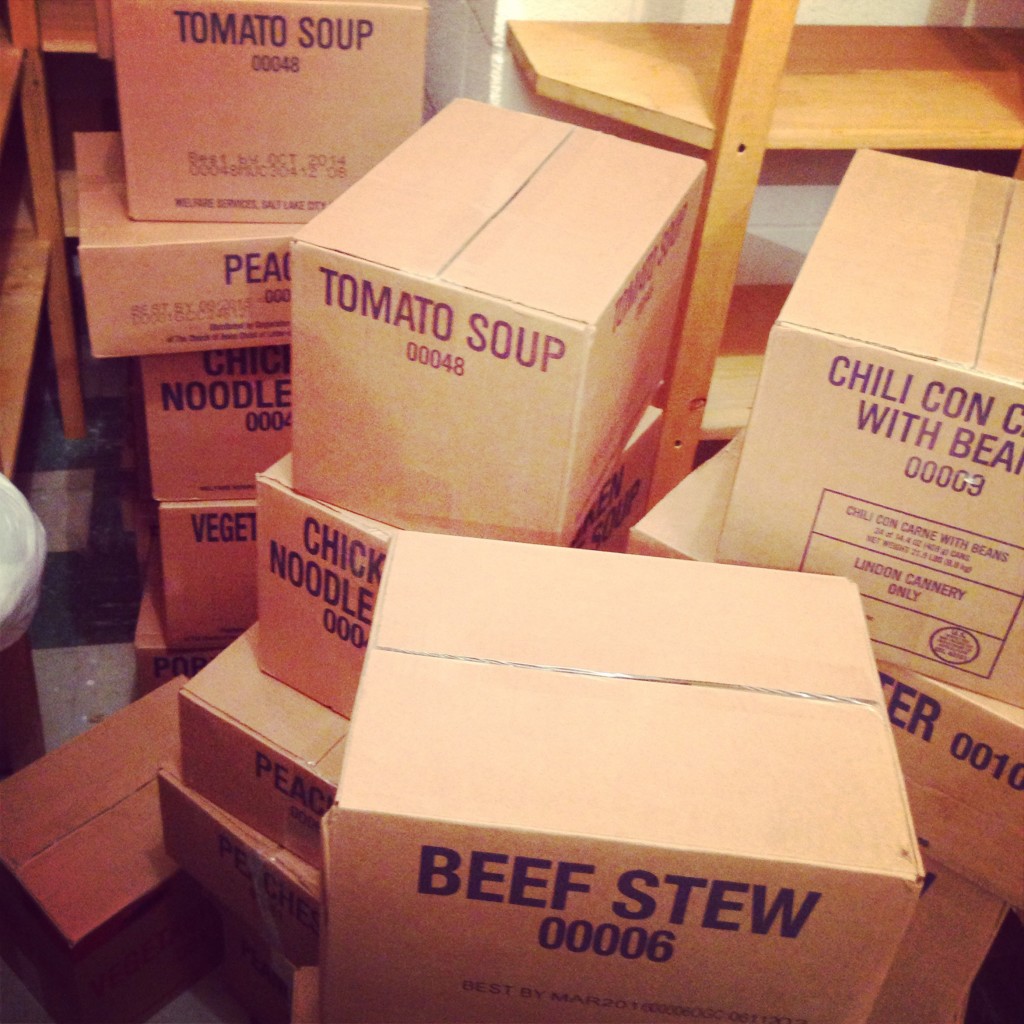College life is notoriously filled with students eating nothing but ramen and exclaiming, “I’m broke.” While most people laugh this off as just another young adult who doesn’t know how to manage money, the struggle is real.
Feeding America found that 10% of its adult clients are students; that is 2 million full-time students and 1 million part-time students. Since American colleges serve about 21 million students, this means about 1 in 7 students are showing up to Feeding America’s food pantries.

Photo by Jocelyn Hsu
This 10% doesn’t even include the students going to campus food pantries, which are popping up across the country to deal with this growing problem. I recently spoke with Kaitlin Salyer who worked to bring a food pantry to Tennessee Technological University (TTU.)
When I asked her if things had gone as she expected, she replied:
“What I did not anticipate was the bond that develops between volunteers and clients. Many people will openly share with us (which we must keep confidential) struggles that are keeping them from being able to purchase food.
Some nervously try to justify why they need help. We hear stories about children, school, family, etc. It is so much more than handing out food.
Something I learned after opening… it is a volunteer’s job to make people feel comfortable, to take the time to get to know the people, to let them know they are in a safe, non-judgmental environment. It really can make all the difference in keeping clients and gaining new ones.”

Photo by Bailey Culpepper
The demand for the food pantry is fairly high at a university of TTU’s size. They serve about 35 individuals and families on average each month, about 50 this past April. However, they do see a decline in the summer months, which they always expected.
Food insecurity is easy to imagine on college campuses with rising tuition costs, $4000/year meal plans, and many colleges being located in food deserts. What isn’t obvious is why no one is talking about it.
The time has come to put a stop to this. The next time someone comments about having no food to eat, I encourage you not to laugh it off as a joke. Take a minute to consider whether your friend might actually need help.
I asked Kaitlin about the dialogue concerning hunger at TTU, and she said:
“We have plenty of people ready and willing to support the cause of fighting hunger, many donate, hold events to collect food, pass out advertising materials, but I would like to see more open dialogue about the image surrounding hidden hunger specifically related to college campuses. It is important to dig deeper to examine the implications of such an epidemic.”

Photo courtesy of Kaitlin Salyer
We can create a new dynamic at our universities by being more accepting of those who may be struggling. We can pressure our administration to set up food banks if they haven’t already, and we can discourage mandatory meal plans that force students to pay premiums for their food.
Check out the College and University Food Bank Alliance to see if your university has a food pantry, or you can always start one at your school.
Note: This article will also be published in the The Amplifier issue 42.

